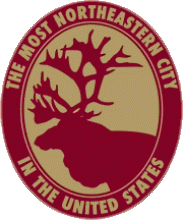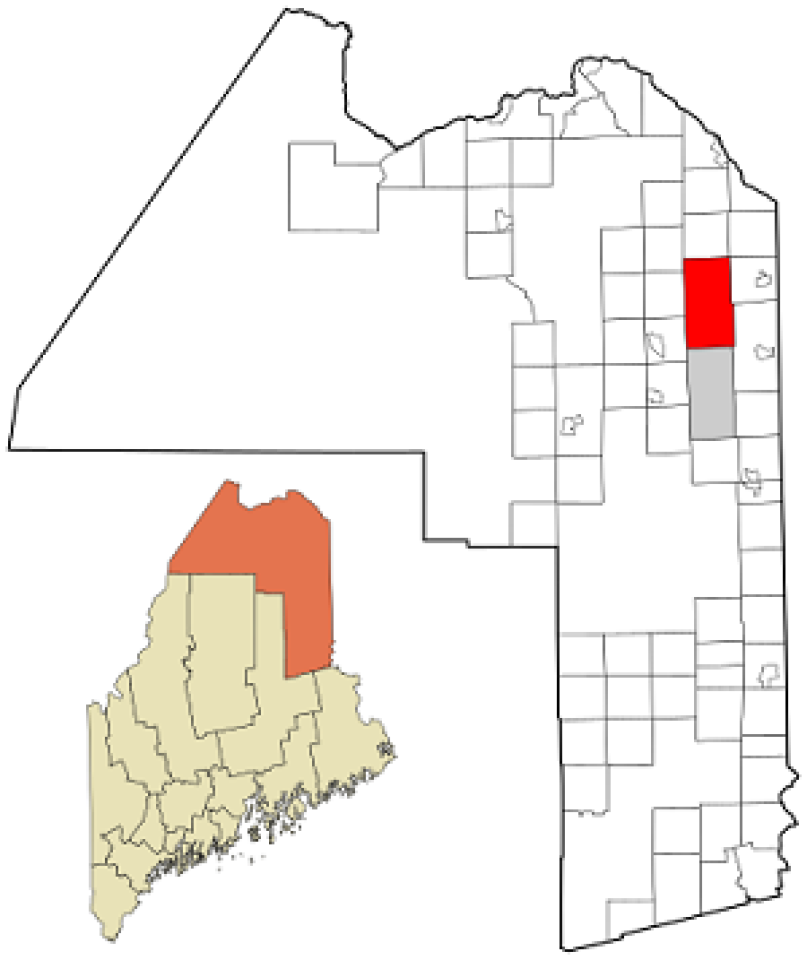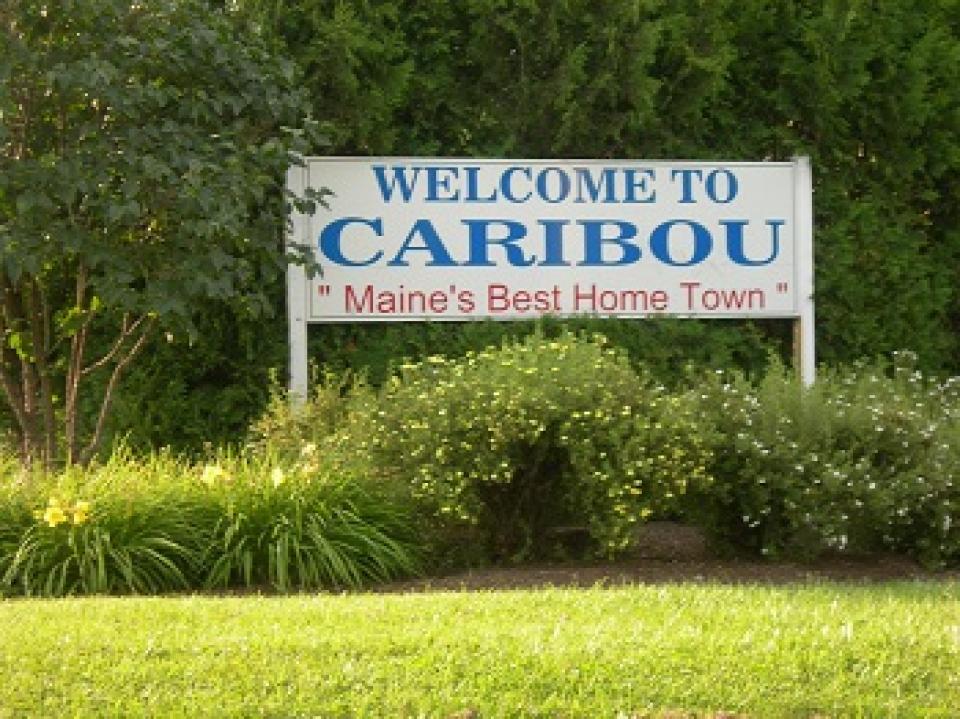
Fast, affordable Internet access for all.

Last March, Caribou, Maine city council members expressed unanimous support for a charter amendment allowing the Caribou Utilities District to establish a broadband infrastructure division. It was just the latest move in a multi-year quest by the city to finally deliver affordable fiber broadband access to every last city resident.
Groundwork for the effort was laid one year ago, when city council members approved using $159,000 in American Rescue Plan Act funds to craft a broadband engineering study with the help of Caribou’s Business Investment Group and executives from local ISP Pioneer Broadband.
Late last March, the Maine Senate unanimously approved LD 1949: “An Act to Amend the Caribou Utilities District Charter to Include Broadband Services,” which formally, as the name makes clear, provided approval for the CUD to expand its services into broadband access.
Now the hard work begins.
The plan as it currently stands is to build an open-access dark fiber network to every unserved Caribou residential and business location. The city would own the network, but private ISPs would provide last mile service to customers.

“We would like two or more ISPs to provide citizens with a choice of providers,” Hugh Kirkpatrick, Caribou Utilities District general manager, recently told the Bangor Daily News. “Competition should keep monthly prices lower and customer service higher.”
Pioneer has already expressed interest in being one of the providers, though the city is also still fielding proposals from regional cable giants like Charter Communications.
Funding for the project remains up in the air, though the project will proceed with or without funding from the city itself. The Caribou CUD and city council members continue to discuss funding options, with one proposal floated in which the city might provide between $1.2 million and $1.5 million in funding assistance.
Like countless communities long neglected by regional telecom monopolies, a significant number of Caribou residents can’t even access the FCC’s base definition of broadband, currently 25 Megabits per second (Mbps) downstream, 3 Mbps upstream. Many other residents lack access to any broadband service whatsoever.
The engineering study started last August found that of the 5,150 Caribou residents who’d be served by this broadband expansion, an estimated 2,900 live in remote areas of the city with insufficient coverage. City officials note the project was built on the back of apathy by regional monopolies unwilling to do the heavy lifting to provide universal, affordable access.
Previous explorations of a city-owned broadband network weren’t able to survive the city council. In 2016, the Caribou city council denied a different proposal from a different committee that would have resulted in a gigabit-capable, city-owned fiber network.

“Over 1300 miles of Dark Fiber Optic Cable was constructed throughout Maine over 10 years ago, it travels through Caribou,” Kirkpatrick told local CBS affiliate WAGM. “However, since then there is limited access for any customers to connect to this high speed broadband service. Private telecom companies in the region have not demonstrated an interest in expanding this infrastructure.”
ILSR data indicates there’s currently 83 million Americans living under a broadband monopoly, with the single choice of one cable broadband provider (usually Comcast or Charter Communications). Millions more live under a duopoly, usually composed of a cable company and a regional phone provider that’s likely lagged on upgrading dated, sluggish DSL lines.
ILSR studies have also highlighted how throwing billions of dollars in subsides, tax breaks, and regulatory favors at entrenched monopolies hasn’t delivered the promised shift in this dynamic, so a growing army of local municipalities, utilities, cooperatives, and smaller providers continue to take matters into their own hands.
Inline map of Caribou, Maine courtesy of Wikimedia Commons, Attribution-ShareAlike 4.0 International (CC BY-SA 4.0)
Inline image of Caribou, Maine sign courtesy of Flickr, Attribution-NonCommercial-NoDerivs 2.0 Generic (CC BY-NC-ND 2.0)
